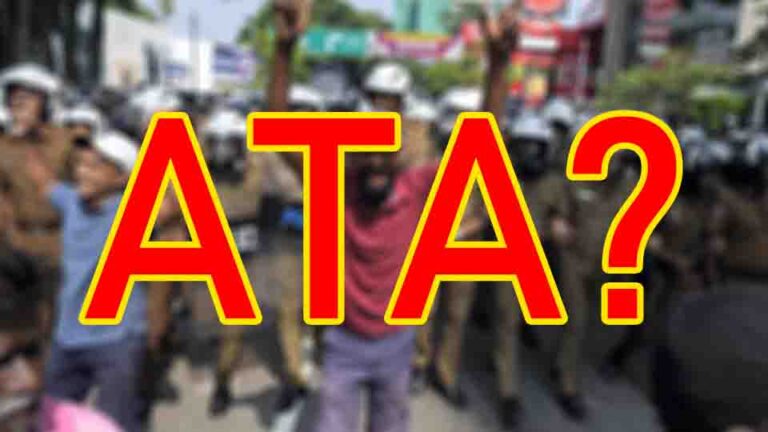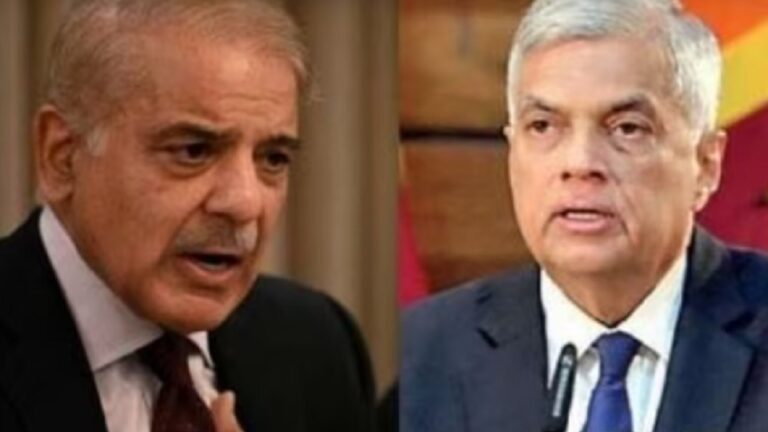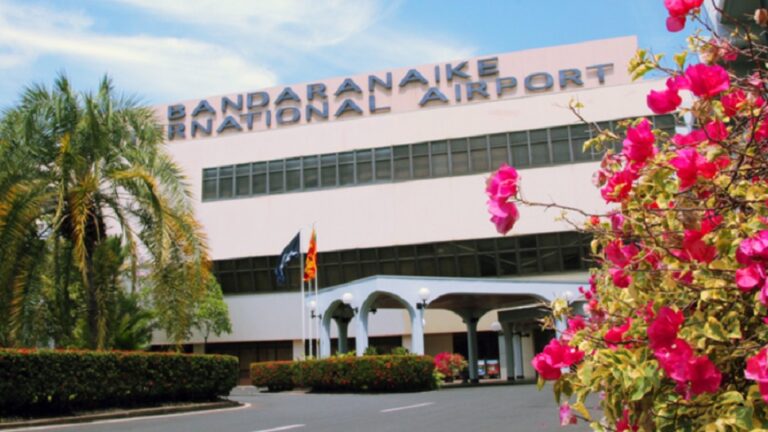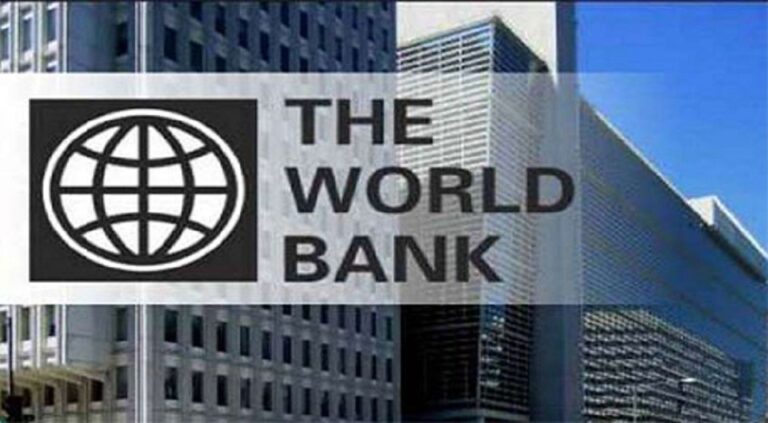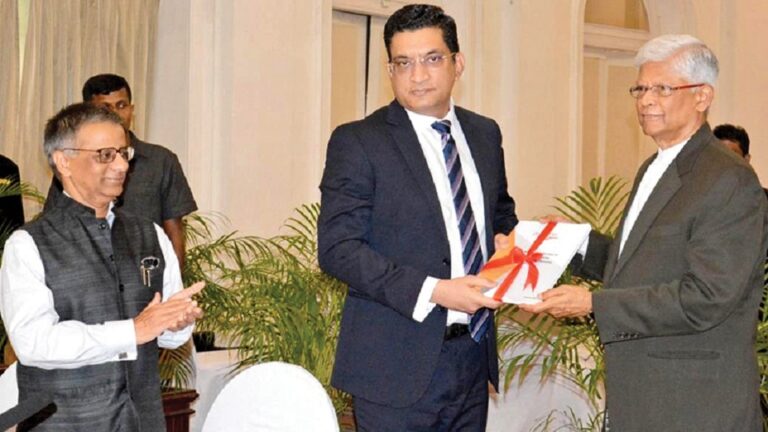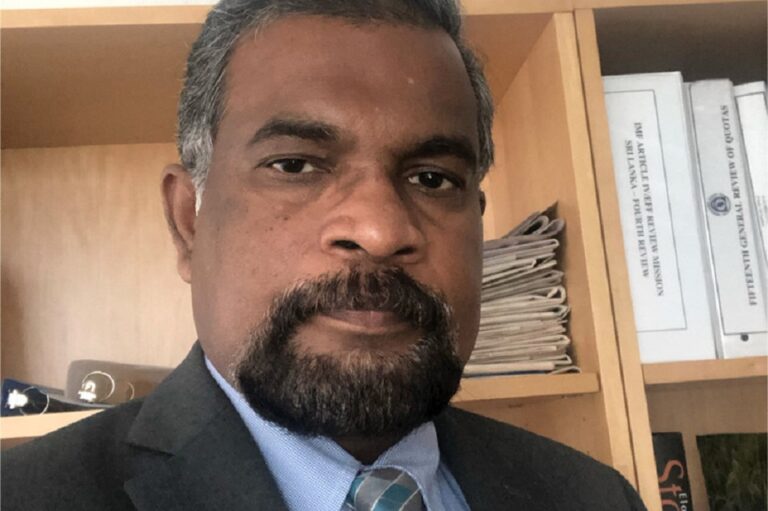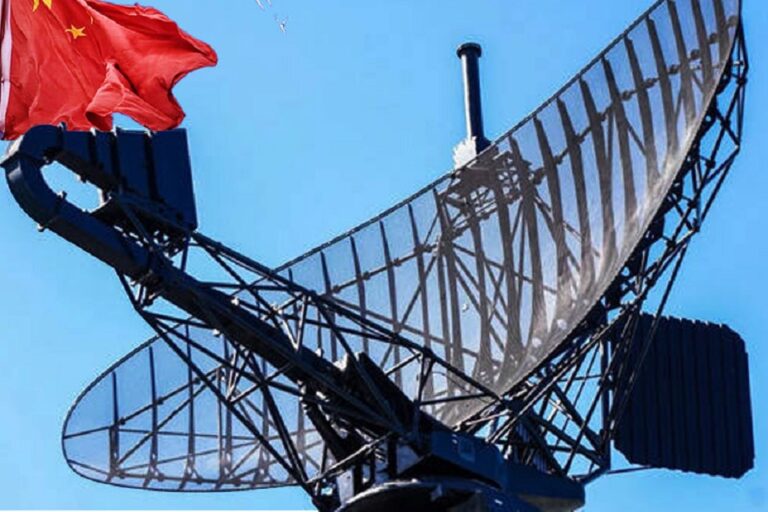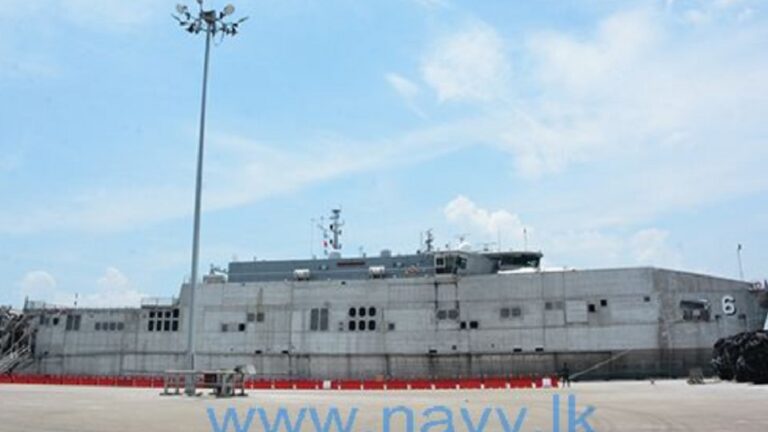National Peace Council of Sri Lanka: The government has decided to delay presenting its proposed Anti-Terrorism Act (ATA) to parliament. The National Peace Council welcomes this decision and urges the government to reconsider its presentation as it would impact negatively on the democratic space and rights available to political parties, trade unions and civic activists. In any legal reform, the fundamental rights and protection of citizens need to be guaranteed. After all, the power of the people is shared with the government for their benefit as per the constitution. The ATA fails to achieve both these objectives. The draft ATA presented by the government has several features that are worse than the Prevention of Terrorism Act (PTA) it is intended to replace.
Among the unacceptable features of the proposed ATA are its vague and broad interpretation of terrorism that would include theft of government and even private property and trade union action. The law leaves wide open who can be arrested, by whom they can be arrested and for what purpose they are arrested. It brings legitimate activities within the scope of terrorism including protests, publishing material, demands for action by government, strikes and disputes relating to racial and religious places. The law permits police or military or coast guard personnel to arrest anyone without warrant on whom they have “reasonable suspicion” of being involved in acts such as those given above. Unfortunately, it appears there is no change in the mindset of those who have framed the replacement legislation. Instead there are indications of a mindset that wishes to suppress political activism on the grounds of terrorism.
The potential for abuse under the ATA is enormous considering what we have faced under the PTA. Only last month, three persons were acquitted by the high court after having spent 14 years in prison under the PTA. The proposed ATA specifies that once a person is arrested, that person can be detained for up to 24 hours, and even more depending on the situation, in a place of the arresting party’s choosing. The plight of a young person arrested in such a manner can be imagined. Thereafter, if a detention order is signed by a senior police officer of the rank of Deputy Inspector General of police those arrested can be held for up to three months without being presented before a court of law for judicial endorsement rather than for decision.
We are opposed to the proposed ATA because it violates the constitution, duplicates existing laws and transmogrifies them into terrorism and endangers the freedoms and human rights that are guaranteed in a democratic society. We recommend that the existing laws such as the Penal Code and Criminal Procedure Code are strengthened to meet the new needs, and police are better trained in investigative methods if necessary, instead of setting up an entirely new law and security apparatus to deal specifically with terrorism. If new security laws are deemed necessary, they need to be within the parameters of human rights governed by our constitution and international standards. We call for the ATA to be withdrawn as otherwise it would empower the authorities to act with impunity to violate fundamental human rights, silence critics and those who hold opposing viewpoints.


